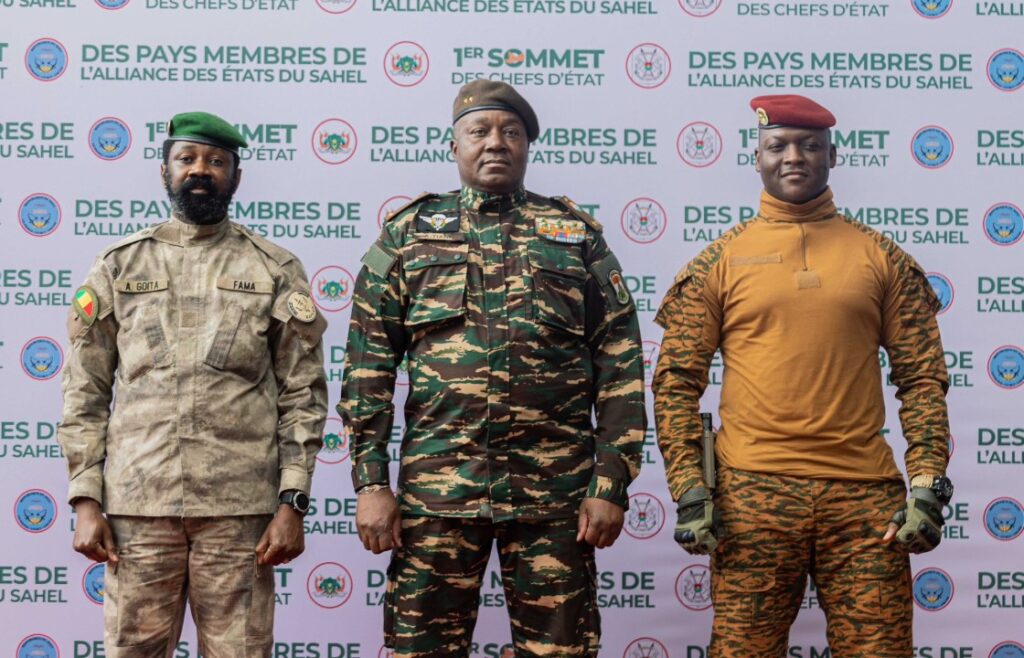
Military leaders from Mali, Niger, and Burkina Faso have rejected a proposal from a regional trade bloc to delay their planned exit by six months, in what was seen as a final effort to prevent a fracture in the Economic Community of West African States (ECOWAS).
The Economic Community of West African States (ECOWAS) has long been a cornerstone of regional integration and cooperation in West Africa.
However, the recent exit of Niger, Mali, and Burkina Faso, three nations now aligned under the Alliance of Sahel States, marks a significant shift in the bloc’s composition and influence.
In a joint statement issued on Sunday, Mali’s military leader, General Assimi Goita, described the move as “yet another destabilization attempt” targeting the Sahel nations.
The junta-led governments had been granted a grace period until next July, extending their scheduled January 29 withdrawal date, to allow mediators more time to convince them to remain in ECOWAS.
However, the decision to leave is “immediate and irreversible,” Goita asserted. Additionally, the defence and security forces of the three nations have been placed on “maximum alert,” according to the statement.
Mali, Niger, and Burkina Faso have all severed security ties with France in recent years, opting instead to strengthen alliances with countries like Russia, Iran, and Turkey.
The exit of these countries represents a significant loss for ECOWAS, reducing its population by 76 million out of 446 million and cutting its total geographical land area by more than half.
Following the departure of these three countries, ECOWAS is left with 12 active member states, excluding Guinea, which remains suspended due to its 2021 military coup. The remaining members are:










